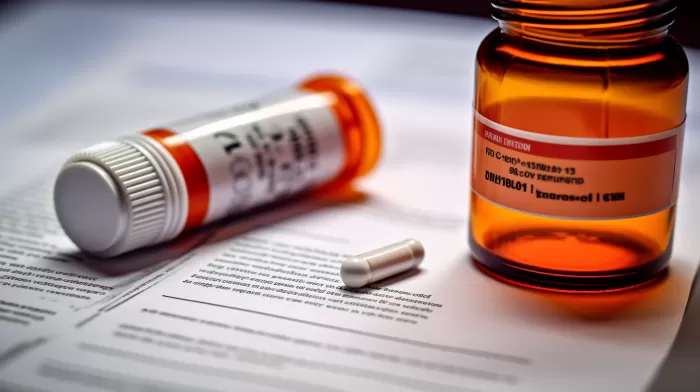Human Growth Hormone (HGH) is a powerful hormone that can help you feel younger, more energized, and leaner while strengthening your muscles, bones, and libido. However, prescriptions for HGH are not easy to obtain, and few doctors specializing in anti-aging will test your levels and prescribe it. Despite its well-documented benefits, there is ongoing controversy about the use of HGH in clinical care.
Growth Hormone Functions
Growth hormone is vital for maintaining muscle size and strength as adults. It trims fat from the stomach, helps keep skin looking young, prevents wrinkles from forming, and reduces the risk of heart disease. HGH deficiency can result in:
- Thin or limp hair
- Droopy eyelids or cheeks
- A sagging face
- Thin lips and jaw
- Receding gums
- Large, deep wrinkles
- Thin, dehydrated skin
- Sagging triceps
- Jiggly inner thighs
- Loose-hanging muscles
- Weak bones
- Men with overhanging flabby belly and feminine breasts
HGH deficiency can also affect mood and personality, contributing to negative attitudes, insecurity, low self-esteem, depression, difficulty in controlling emotions, and feelings of incompetence.
Controversial Use Of HGH
The Food and Drug Administration and many state medical boards believe doctors should prescribe HGH only for clearly defined abnormal conditions of HGH deficiency. Adult growth hormone deficiency is rare and usually caused by a pituitary tumor, surgical resection of the pituitary, or radiation therapy that has damaged the pituitary gland. Synthetic HGH is approved for treating adults with genuine growth hormone deficiencies or severe cases such as muscle wasting because of HIV infection.
Some anti-aging and wellness physicians view the use of HGH differently. With HGH, they argue, it’s possible to prevent illness, reverse the progression toward inflammatory chronic diseases, and keep people feeling younger for longer.
Hormonal Decline
If HGH is so beneficial, why are we told not to use it to reverse the normal and expected decline in growth hormone due to aging, or for those of us who want to look and feel younger and prevent disease? And who determines the correct cutoff level to classify as “deficient?”
Research and clinical reports have shown numerous health benefits of injectable HGH:
- Promotes new protein synthesis for muscle recovery, repair, and building new muscle
- Increases lean muscle mass and reduces fat
- Improves REM (rapid eye movement) sleep, which best restores energy
- Reinvigorates sexual drive and performance
- Enhances bone density
- Reduces cardiovascular risk
- Improves memory, focus, and mental sharpness
- Diminishes wrinkles and age spots
- Makes skin firmer and smoother
- Strengthens nails
- Can restore natural youthful hair color
- Lowers cholesterol
- Improves vision
- Strengthens the immune system
Benefits for Older Men
A 1997 study of men aged 55-71 showed significant improvement in several health parameters using a growth hormone-releasing hormone analog for four months. Subjects self-injected a modest dose each night, resulting in raised blood levels of HGH, increased skin thickness, increased lean body mass, improved insulin sensitivity, improved libido, and significantly improved general well-being.
Safety Concerns
If HGH is used for too long or at too high doses, it can cause acromegaly, an irreversible overgrowth of bones and muscles. Acromegaly happens when a pituitary tumor secretes very high amounts of HGH for years. There are cautions that HGH use can produce a shiny plastic skin appearance in 20 years of continuous use, even at physiological replacement doses. Intermittent use is the best way to avoid this effect.
Other things to be cautious of include increases in blood insulin concentrations with HGH injection therapy that boost your risk of type 2 diabetes. It’s essential to have your doctor check your HbA1c level before and after three to six months of treatment. Studies have also shown that long-term safety of HGH therapy has been established for tumor recurrence with longer than 14 years of follow-up.
Two other large studies showed no increased risk for new cancer or diabetes in HGH-deficient adults receiving physiological replacement doses of HGH therapy.
In conclusion, HGH has tremendous potential to improve your health profile, especially as you age. However, it’s essential to work closely with a qualified medical professional to ensure you use the hormone safely and responsibly.


![8 Simple Tips for a Longer, Happier Life [See Them Now]](https://naturalhealthreserve.com/wp-content/uploads/2024/01/8-healthy-tips-live-longer-slideshow-300x168.webp)
